No one should endure abuse to maintain their immigration status. The Coleman Law Group is dedicated to helping victims of domestic violence in Hialeah achieve safety and lawful permanent residency through VAWA self-petitions.
The Violence Against Women Act (VAWA) provides a pathway to protection and independence for those subjected to abuse. Through a VAWA self-petition, victims abused by a U.S. citizen can apply for a green card without needing the cooperation of their abuser. This life-changing relief allows individuals to escape abusive situations while securing their future in the U.S.
Our immigration attorneys, fluent in both Spanish and English, in Hialeah are here to guide you through every step of the VAWA process with compassion, understanding, and legal expertise.
> Speak to an empathetic Coleman Law Group attorney for help with VAWA Self-Petitions in Hialeah.

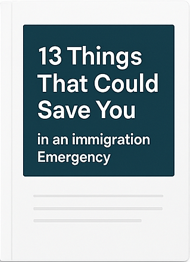
VAWA self-petitioning allows certain abused spouses, children, and parents of U.S. citizens or permanent residents to apply for a green card independently. This process allows victims of domestic abuse to seek legal status without their abuser’s involvement.
At Coleman Law Group, we make VAWA self-petitioning easier by offering compassionate, confidential legal support.
When you find yourself in an abusive situation, you deserve quick and easy access to legal support in the language that you speak. That is why Coleman Law Group proudly offers our VAWA services in both English and Spanish.
Get the help you need from an empathetic attorney who speaks your language. Coleman Law proudly serves Hialeah families in Spanish and English.
> Speak to a bilingual attorney at Coleman Law Group and begin the process of VAWA self-petitioning.
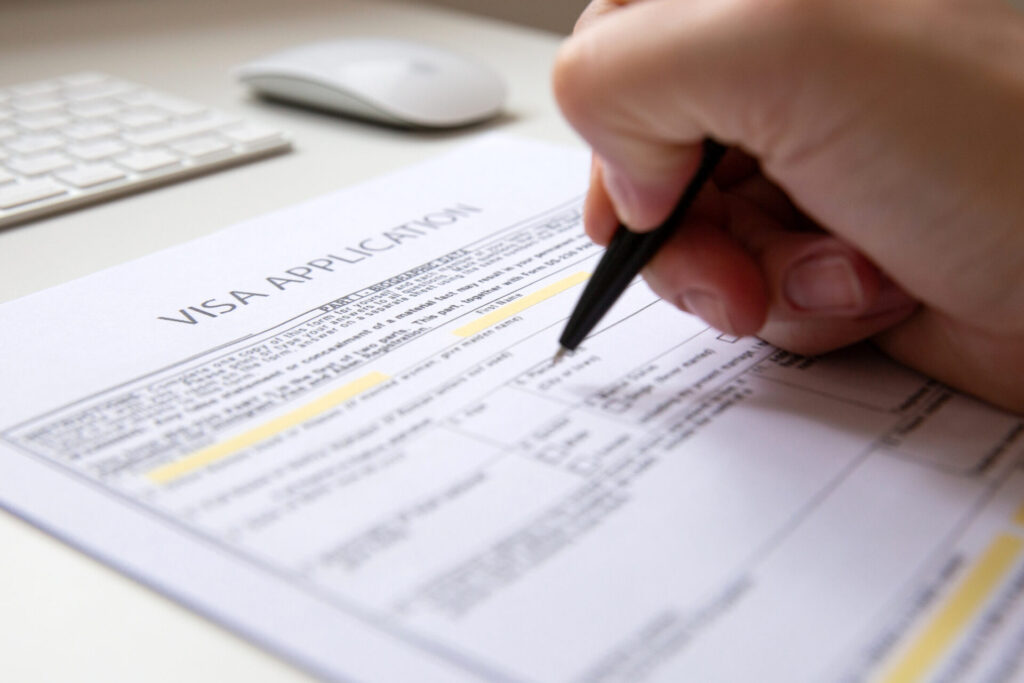
A VAWA self-petition enables victims of domestic violence to independently apply for immigration benefits. If you are a spouse, child, or parent of a U.S. citizen or lawful permanent resident and have been subjected to battery or extreme cruelty, you may be eligible for this relief.
By filing Form I-360, self-petitioners can request protection under VAWA without the knowledge or assistance of their abuser. This process ensures that victims can escape abusive relationships while pursuing lawful permanent residency in the U.S.
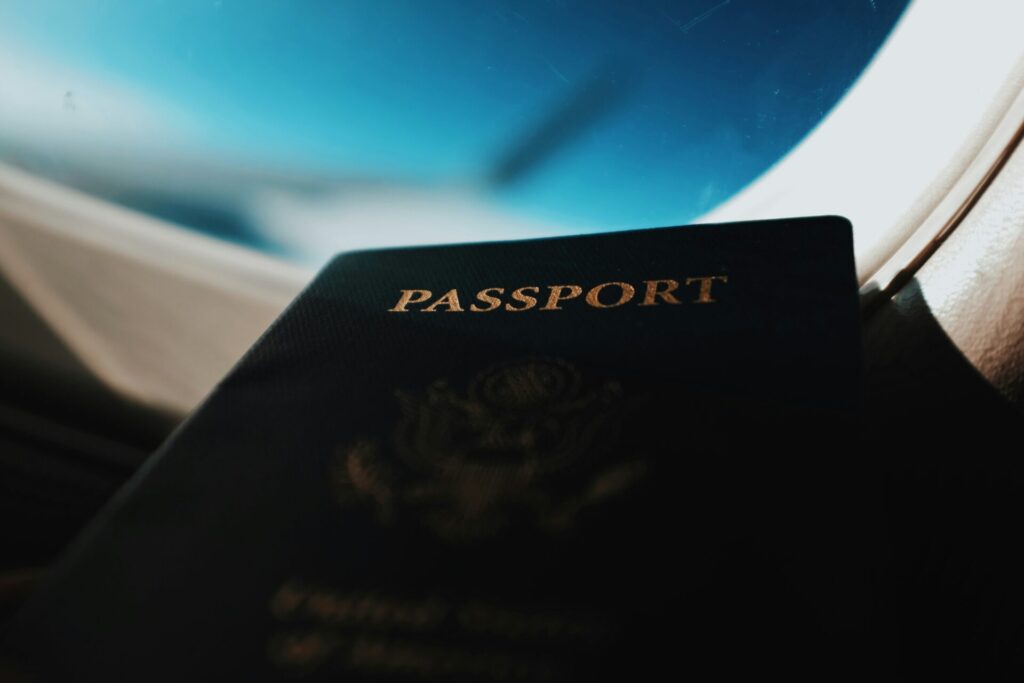
You may qualify to be an applicant for a VAWA self-petition if:
Even if your abuser is no longer a U.S. citizen or lawful permanent resident due to death, deportation, or other reasons, you may still be eligible under certain circumstances.
We provide a private, compassionate environment to evaluate your case and explore your options.
We assist with completing and submitting Form I-360, ensuring all required documentation is included in filing the petition.
Our attorneys can provide guidance in compiling evidence, such as police reports, medical records, and proof of good moral character, to strengthen your case.
Once your petition is approved, we file Form I-485 to help you adjust your status to lawful permanent resident.
While your application is pending, we can assist in applying for an Employment Authorization Document (EAD) so you can work legally in the U.S.
We track your case and provide regular updates, ensuring you are informed of your petition’s progress.
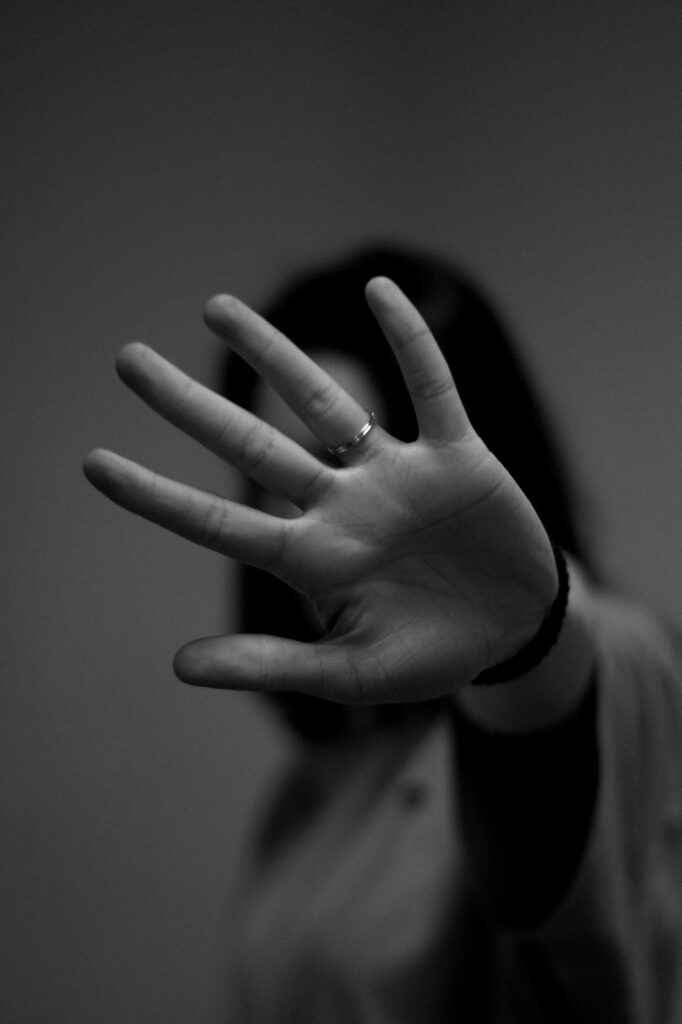
We file a Form I-360 petition with USCIS, including all necessary evidence to demonstrate abuse, relationship status, and moral character.
Once USCIS receives your forms, it generally may take from 12 to 18 months to process. We monitor your case and provide updates on any USCIS notices or RFEs.
Once approved, you will get a notice from USCIS. Then, we will help you apply for an adjustment of status by filing Form I-485 to obtain your green card.
Upon approval, you will receive your green card, granting you lawful permanent residency and the ability to live independently from your abuser. Once approved, you can even try to obtain citizenship.
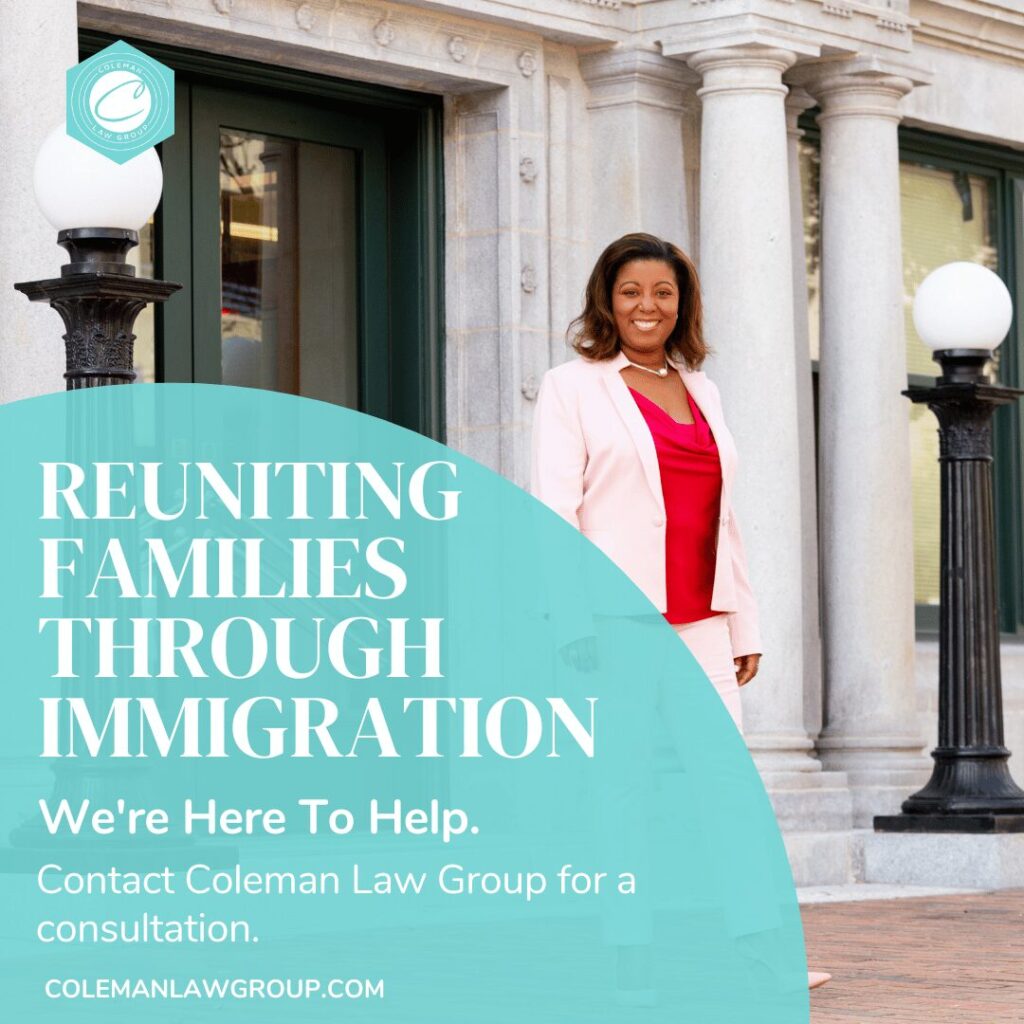
At Coleman Law Group, we are passionate about helping victims of domestic violence secure a better future. Our experienced immigration attorneys guide you through each step, handling sensitive VAWA cases with care, confidentiality, and legal expertise.
We are dedicated to empowering survivors and ensuring they receive the immigration benefits they deserve.
> Schedule a confidential consultation so we can start working toward securing your freedom and safety.
Spouses, children, and parents of a U.S. citizen or lawful permanent resident who have experienced battery or extreme cruelty may be eligible to file.
Documents may include police reports, text messages, medical records, proof of relationship to the abuser, and evidence of good moral character such as community letters or personal statements.
The process typically takes 12 to 18 months, but times may vary based on USCIS workload and the complexity of the case.
No. The process is confidential, and USCIS will not inform your abuser.
Yes, you can apply for an Employment Authorization Document (EAD) while awaiting the decision on your petition.
Our attorneys can help you explore appeals or alternative forms of immigration relief if your petition is denied.
Yes, VAWA protections are available to all victims of domestic violence, regardless of gender.
Yes, certain children may qualify for derivative benefits as part of your VAWA self-petition.
You may still be eligible to file if the divorce occurred within two years of submitting your petition.
Copyright 2025 All rights reserved
titleMark headings
settingsBackground Color
zoom_outZoom out
zoom_inZoom in
remove_circle_outlineDecrease font
add_circle_outlineIncrease font
spellcheckReadable font
brightness_highBright contrast
brightness_lowDark contrast
format_underlinedUnderline links
font_downloadMark links
Reset all optionscached